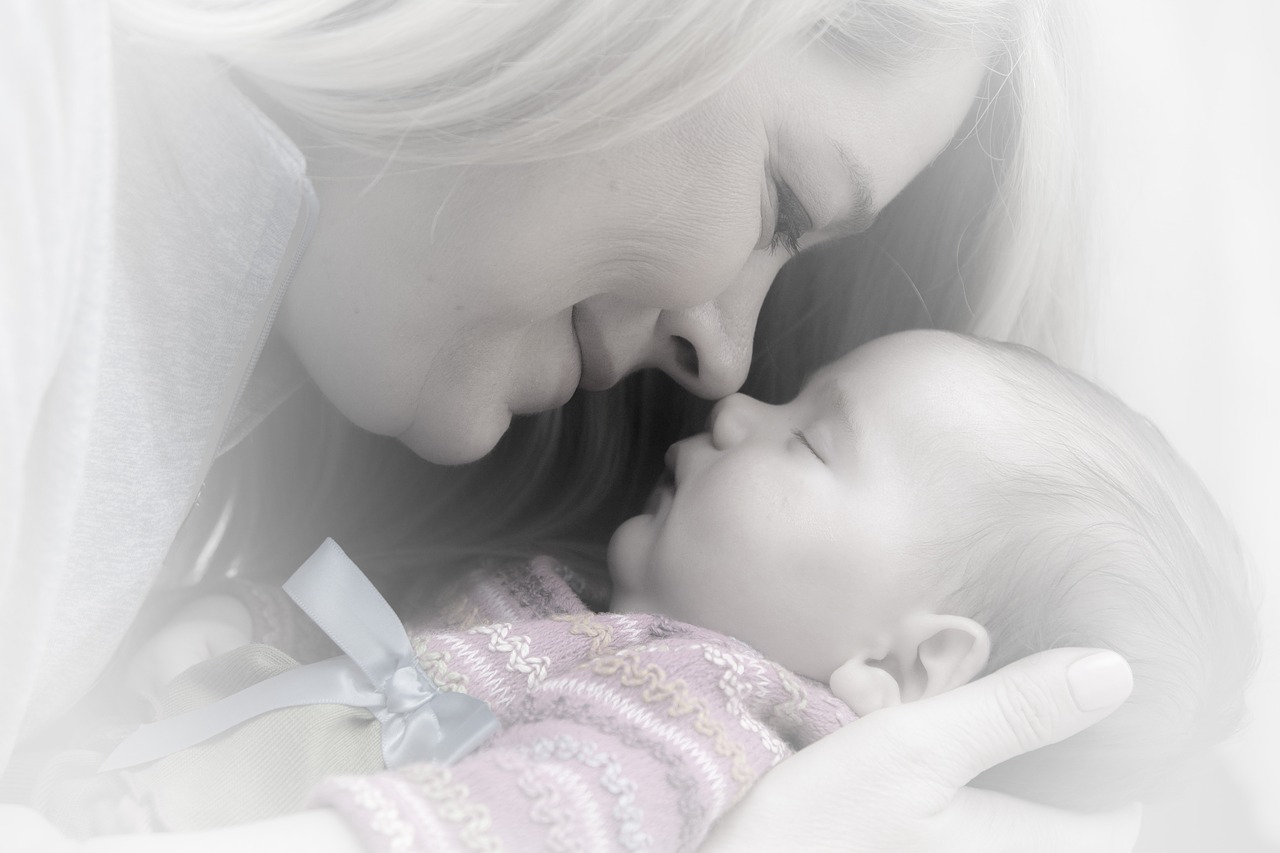
In normal circumstances, there isn’t much in the way of an ethical discussion when it comes to starting a family and bringing a new life into the world. For many couples, childbirth is simply the next natural step in the progression of a relationship after marriage, and there’s little to debate about whether it’s the right or wrong thing to do.
However, for some couples, this progression isn’t natural at all, and there is an extraordinary amount of energy, commitment, planning, effort and financial investment required to start a family, because the couple is unable to conceive naturally, and thus must resort to other, more elaborate means in order to conceive and have a child. Surrogacy, the process of finding another woman who agrees to let her uterus carry someone else’s child, and then unites that child with the intended parents is one area where ethics may need to be considered. After all, when there’s mutual consent between a married couple to conceive a child naturally, that’s one thing. What’s the ethical position when so many additional steps need to be taken?
Surrogacy Rather Than Adoption
The first question that many hopeful parents may need to wrestle with ethically is the choice of surrogacy itself. Surrogacy is about bringing a new brand new life into the world. On the other side of the equation, there is adoption, where parents are encouraged to take on and love a child who is already born, sometimes on the other side of the world, and in desperate need of loving parents. The ethical question here is why choose to have a newborn child and go through the effort of creating that new life, when there is already a life somewhere out there, in need of what hopeful parents can offer?
One of the primary reasons that some hopeful families choose surrogacy rather than adoption is genetics. For some, it is critical that a child share half the genetic characteristics of the father, and half of the mother. The only way this is still possible if a mother cannot become pregnant is through gestational pregnancy, where In Vitro Fertilization results in a lab supervised fertilization resulting in implantation in a surrogate mother. However, for some hopeful families, where that kind of genetic lineage isn’t so much of a priority, the choice to adopt may be not only appropriate, far cheaper and less intensive as far as effort—and even legal issues such as citizenship—may be required.
Respecting The Surrogate
Another ethical consideration when it comes to surrogacy is the treatment and perception of the surrogate mother herself. After all, without the surrogate mother, the surrogacy and subsequent birth of a child isn’t even possible, so in many ways, she plays a critical role. However, that is not always the way she is treated, as sometimes a hopeful family can forget that a surrogate mother is a person, not a service.
The most unfortunate example of this happened in Thailand in 2014 and was so controversial the country changed their surrogacy laws in the aftermath. An Australian couple engaged a Thai surrogate mother to give birth to their child through gestational surrogacy. However, an unexpected development occurred when a medical check-up revealed that the surrogate mother was pregnant with twins, and one of those twins was diagnosed with Down’s Syndrome.
The Australian couple ordered the surrogate mother to abort the boy diagnosed with Down’s Syndrome, but since she was a devout Buddhist, she refused. The Australian couple then waited until the delivery of the children and took the healthy girl, abandoning the boy to the Thai surrogate mother. Because of that inhumane behavior, the Thai government changed the laws so that no foreigners could come to Thailand for surrogate mother arrangements.
Surrogates After Birth
Another grey area that some hopeful parents may want to consider is whether any relationship exists after birth between a surrogate mother and the child. In cases such as altruistic surrogacy, where the surrogate mother is often another member of the family or a close friend, she continues to be a presence in the life of the child, even if she isn’t legally considered the mother of the child. Some people feel this is a more ethical approach, because a surrogate mother is understandably likely to develop an emotional attachment to the child she carries for nine months, and then gives birth to.
On the other hand, if surrogacy occurs in another country, with a couple returning with their child to the country of origin, it’s important to respect and support a surrogate mother—with counseling, if necessary—to ensure that the experience is one that respects and supports her decision.
Every couple must explore the ethics of surrogacy for themselves, and arrive at their own conclusions as they make their decision. If you have any questions, go to the experts and see if the answers they give can provide more clarity about how you want to proceed.

